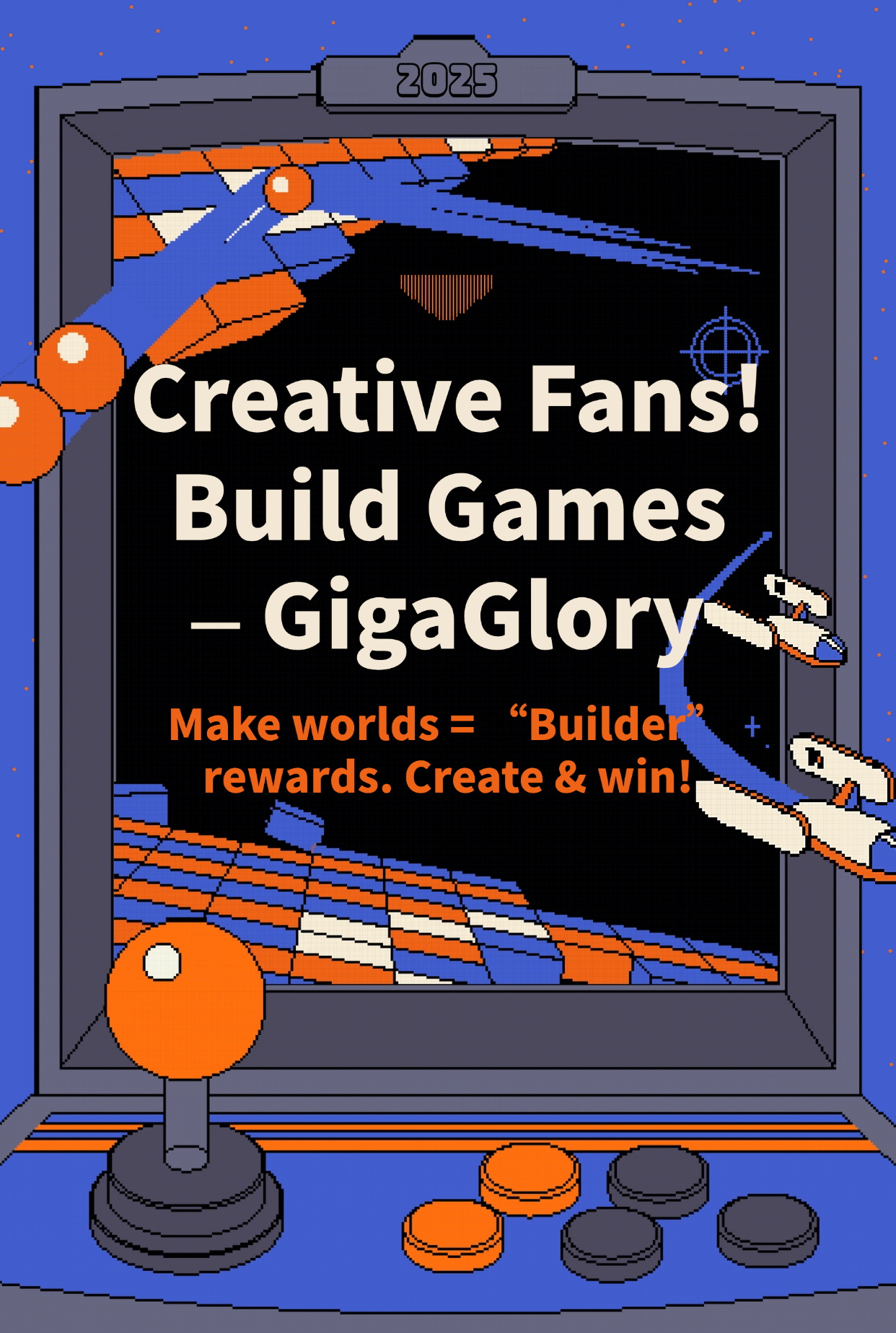Why Casual Games are Revolutionizing the RPG Games Experience
In recent years, the gaming industry has observed a substantial shift as casual games begin to reshape how players experience traditional roles within RPG (Role-Playing Games) systems. These changes are fascinating because casual games often bring a fresh perspective that contrasts significantly with classic RPG mechanics. But why is this happening? Let’s dive in and explore the phenomenon.
The Rise of Casual Games
Before discussing the influence of casual games on the RPG genre, it’s crucial to define what makes a game "casual." Casual games are typically easy to access, tend to have shorter play sessions, and often require minimal prior knowledge or skill. Examples include mobile games like Candy Crush or FarmVille, where the focus is on lighthearted enjoyment rather than immersive, time-consuming experiences.
Casual Games vs. Traditional RPGs
Traditional RPGs such as Clash of Clans usually involve extensive narratives, character development, and strategic gameplay that can demand a significant time investment. Casual games, however, often prioritize quick gratification and accessible gameplay. This juxtaposition uncovers valuable insights into player engagement and preference.
Accessibility: The Game Changer
One of the key factors behind the casual gaming explosion is accessibility. With the advent of smartphones and tablets, games designed for casual play are now within everyone's reach. Players can jump into a game for a few minutes during their commute or breaks, rather than sitting down for hours at home.
Impact on RPG Game Design
As casual games garner attention, RPG developers are starting to take cues from this trend. Consequently, more RPGs now embed casual elements, allowing players to progress in shorter bursts. This not only attracts casual players but also reconsider how active traditional players engage with RPG worlds.
Making RPGs More Friendly
- Simplified gameplay mechanics
- Reduced barriers for entry
- Instant rewards to keep players motivated
- Shorter missions and tasks
Game Mechanics Borrowed from Casual Games
Many RPGs are adopting game mechanics from casual games to enhance playability. For instance, Clash of Clans incorporates a smooth base-building component that appeals to players' desires for immediate engagement and satisfaction.
| Game Element | RPG Feature | Casual Influence |
|---|---|---|
| Progression | Quests and Levels | Instant rewards |
| Community | Guilds and Clans | Collaborative play |
| Customization | Character Development | Personalization |
The Role of Mobile Gaming
Mobile gaming significantly contributes to this evolution. The convenience of mobile platforms allows casual games to thrive, influencing traditional RPGs to adapt or risk becoming irrelevant.
Engagement Through Social Connectivity
Many casual games emphasize social elements, encouraging players to connect and collaborate. RPGs integrating similar aspects boost player retention and variety in their gameplay.
Emphasis on Visual Appeal
Casual games excel in crafting eye-catching visuals often resorting to vibrant colors and charming designs. RPGs increasingly adopt these styles to attract casual gamers who might otherwise hesitate to play the indepth and serious graphic approach of classical RPGs.
Shortened Game Sessions
Gone are the days of long, drawn-out gaming sessions. Casual games are designed for quick gratification, leading RPGs to reconfigure their structures. Players now experience quests that can be completed in 10-20 minutes, ideally suited for their busy lifestyles.
RPGs Targeting Casual Players
Some RPGs now lean towards accommodating the casual demographic actively. Enter IB RPG game, which features beautiful graphics and shorter gameplay, all designed to cater to those who want a casual RPG experience.
Building a Community
Casual games often focus on building vibrant communities, something that RPGs can benefit from too. By creating more tribe-like environments among players, RPGs can cultivate a sense of belonging, encouraging continued engagement.
Monetization Strategies
Monetization in casual games typically revolves around microtransactions, a strategy that RPGs have begun integrating. Players have the option to progress faster or acquire exclusive in-game content through purchases, maintaining their interests and motivations.
Conclusion: A Transformative Period for RPGs
The intrusion of casual gaming into the RPG realm illuminates a significant transformation that can either hinder or enhance the user experience. As developers seek to harmonize both realms while learning from each side, the future of RPG games looks promising. These innovations are not just about profits; they aim to foster specialization, inclusivity, and community engagement, ensuring that RPGs do not just survive but thrive in this evolving gaming landscape.



